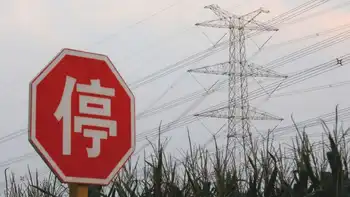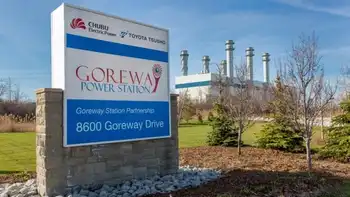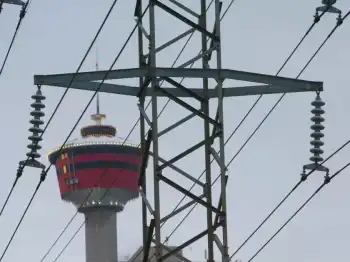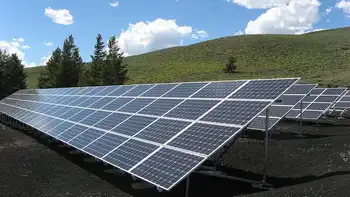APS plan expands energy-efficiency programs
By East Valley Scottsdale Tribune
Substation Relay Protection Training
Our customized live online or in‑person group training can be delivered to your staff at your location.

- Live Online
- 12 hours Instructor-led
- Group Training Available
The plan would expand existing programs such as subsidizing energy-saving compact fluorescent lights and providing rebates to homeowners who buy high-efficiency air conditioners. Also it would add new programs including recycling old, inefficient refrigerators and other appliances that homeowners are willing to remove from service.
Portions of the plan — which is part of an APS rate-case settlement — will be considered by the commission, and other parts will be considered in January.
“If it is approved, we expect the savings to customers would increase 40 percent over the savings achieved in 2009,” said Jim Wontor, manager of demand-side programs for APS.
The utilityÂ’s spending on energy-efficiency programs would increase to nearly $50 million in 2010 from $26 million this year, but the savings would be even greater, he said. Those who participate benefit by consuming less electricity, which reduces their monthly utility bill. Other APS customers also save money because the utility needs to spend less for generating plants and transmission lines, he said.
“The cost to reduce this demand (for electricity) is less than the cost to provide the generating capacity for that amount,” he said.
Also there are environmental benefits resulting from reduced operation of fossil-fuel power plants, Wontor said.
Energy efficiency programs operated by APS since 2005 have saved 800,000 megawatt-hours of electricity, the equivalent of the annual energy used in 58,000 homes, Wontor said. As a result, customers saved about $70 million on their electric bills in 2009 and reduced greenhouse gas emissions from power plants by more than 730 million pounds, according to APS calculations.
APS said efficiency programs since 2005 resulted in the sale of more than 8.8 million compact fluorescent lights, more than 16,000 rebates for more efficient air-conditioning units, more than 6,000 new homes built to higher efficiency standards and more than 1,500 low-income homes weatherized.
Under APSÂ’s proposed expansion, the utility would offer energy audits to homeowners and financial incentives to implement improvements, Wontor said.
Also the plan would expand the low-income weatherization program to 100 more homeowners and increase incentives to homebuilders to make their houses even more energy efficient, he said.
ACC Chairwoman Kris Mayes said greater efficiency efforts probably will be approved by the commission, either through approval of the APS rate settlement or through a proposed new rule that will require ArizonaÂ’s regulated utilities to save the equivalent of 20 percent of their generating capacity by 2020.
“We are taking a giant step forward in making our utilities and state more energy-efficient,” she said. “We think that’s important because the ‘negawatt’ is the cheapest form of energy we can produce.”
According to the Southwest Energy Efficiency Project, the average cost of energy efficiency measures is 2.5 cents per kilowatt hour while the cost of generating one kilowatt hour is seven to 15 cents.
“It is so much cheaper to do energy-efficiency programs than to run a natural gas power plant that it’s a no-brainer,” Mayes said.
APS has saved about 3 percent of its generating capacity with efficiency programs it already has implemented and would save another 3.75 percent by 2012 if the commission approves the rate settlement, she said.











